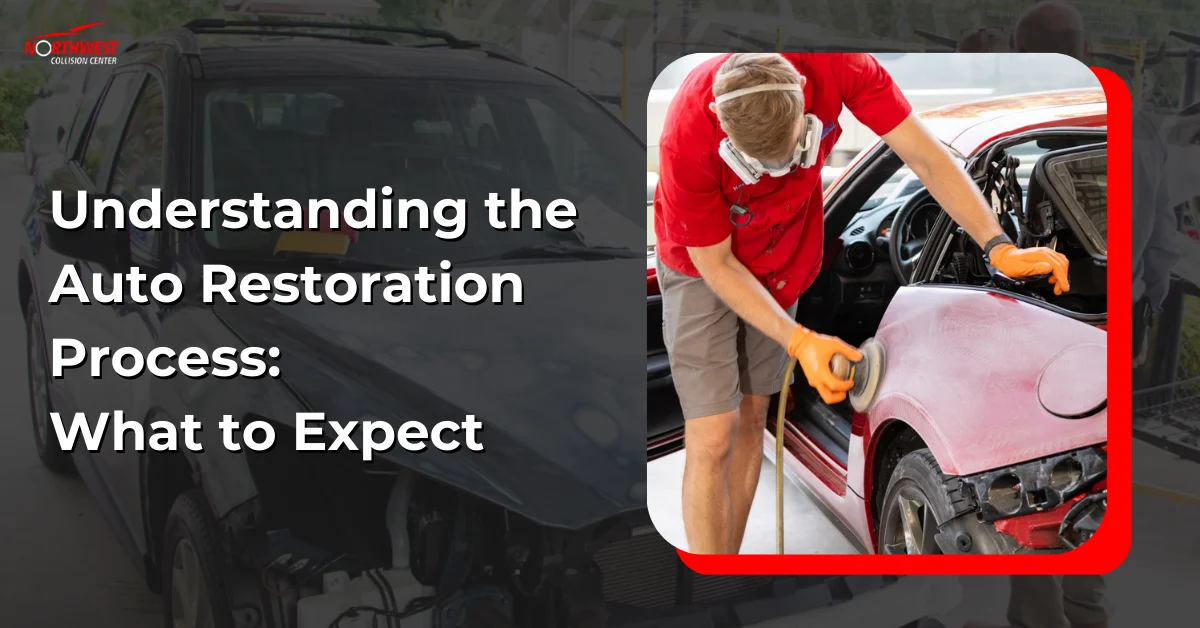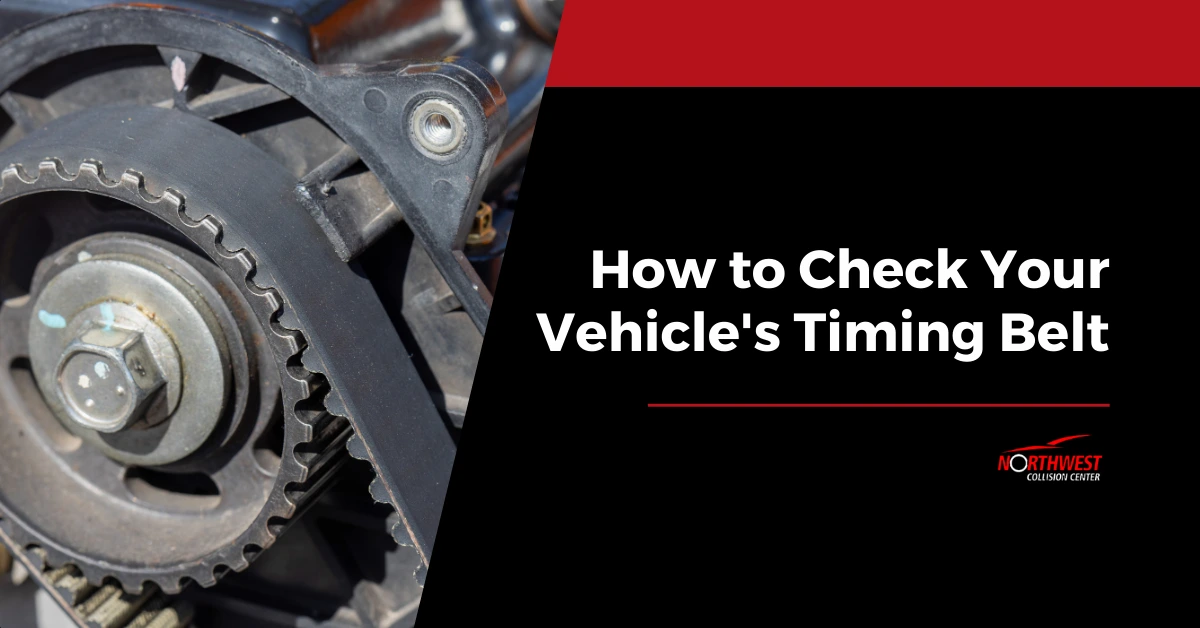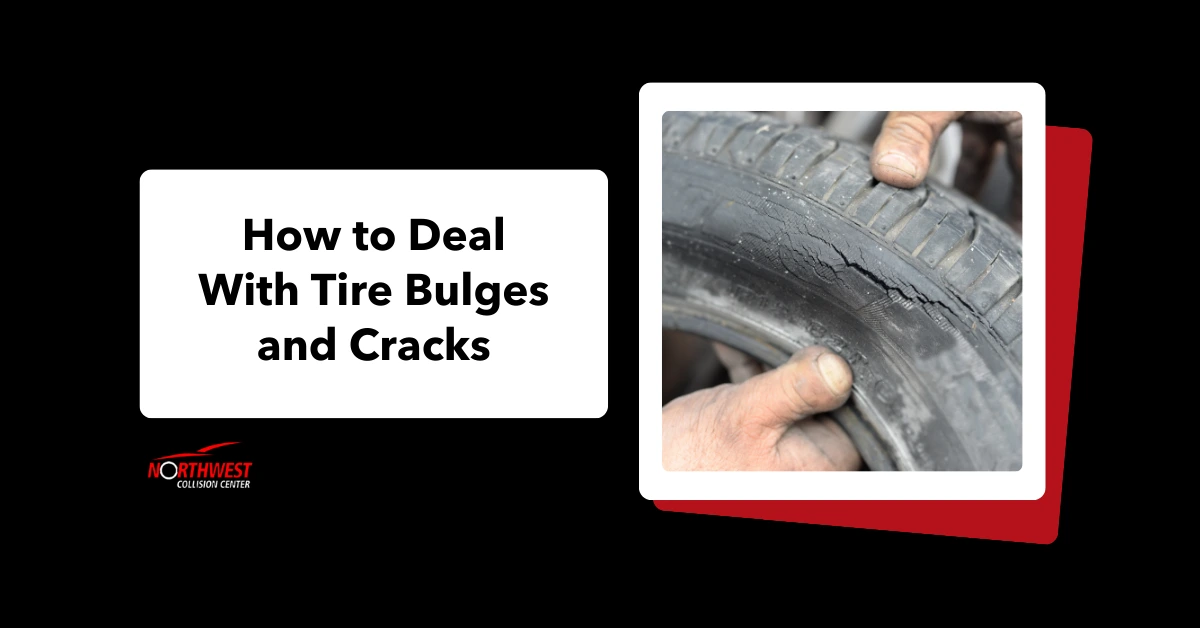Thanks to sturdy engineering and advanced technology, more cars than ever are still with their first owners when they hit 100,000 miles. This is a major milestone in every car’s life, so it is important for you to understand how to respond. While your car always needs regular maintenance, it becomes even more important once so many miles have accumulated. The following maintenance items in particular are critical for every car that has hit six digits.
Timing Belt
Your car’s timing belt is a rubber belt that helps to synchronize the engine’s functions, like rotation of the camshaft and crankshaft. Since so many smaller functions rely upon the timing belt, the timing belt is essential to your car’s health and can cause excessive damage beyond its own failure. It’s a very wise idea to replace your car’s timing belt voluntarily before it breaks on its own, as this will save you time and money, and keep you safe.
Fluids
Your vehicle’s fluids are its lifeline, so you definitely don’t want to ignore any fluid flushes and replacements that are necessary. Since the simple passing of time causes the additives in fluids to become less effective, made worse by dirt and debris accumulation, draining old liquids and replacing them with new, clean liquids is a simple and efficient way to keep your car moving. The most important fluids to remain current include oil, transmission fluid, coolant, power steering fluid, and brake fluid.
Brakes and Tires
For many drivers, brakes and tires are the easiest to remember, because they are the most visible and obvious. You know that your car won’t go very far, or stay very safe, without tires and brakes that are reliable and efficient. Check your tires for signs of cracking, bulging, or uneven wear, and be sure to rotate them every few thousand miles. Also inspect your brake pads and rotors to see if replacement or repair is needed. You never know; with a bit of extra TLC, you might hit that 200,000 mile marker.










